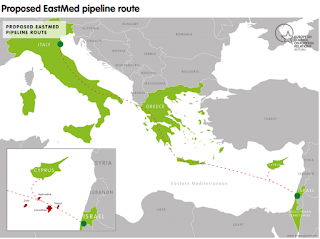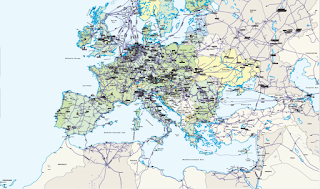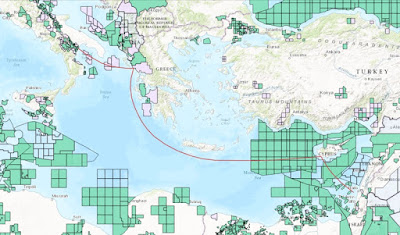Israel’s gas export ambitions struggles against economic limitations!..

Since the major discoveries of gas in 2010, Israel has gone out in all directions to find viable export routes for its gas ... but with limited results so far. So far only the two modest agreements to export gas to Jordan are active. In fact gas started to trickle to the Potash Company where 66 billion cubic feet (bcf) are contracted to be exported over 15 years. The other agreement with Jordan’s electricity company is expected to start in 2019, if the Leviathan field is developed, for the export of 530 bcf over 15 years The opposition to this agreement and the possibility of restarting imports from Egypt may change this outlook. The option to export to Egypt by reversing the pipeline and by building sea lines to Egypt’s two LNG plants is off the table because the latter is no longer interested. Instead, it is concentrating on expediting its new discoveries at sea and on land where it is likely to be self-sufficient in 2019. Egypt also made an agreement with Cyprus for a pipeline to us...



